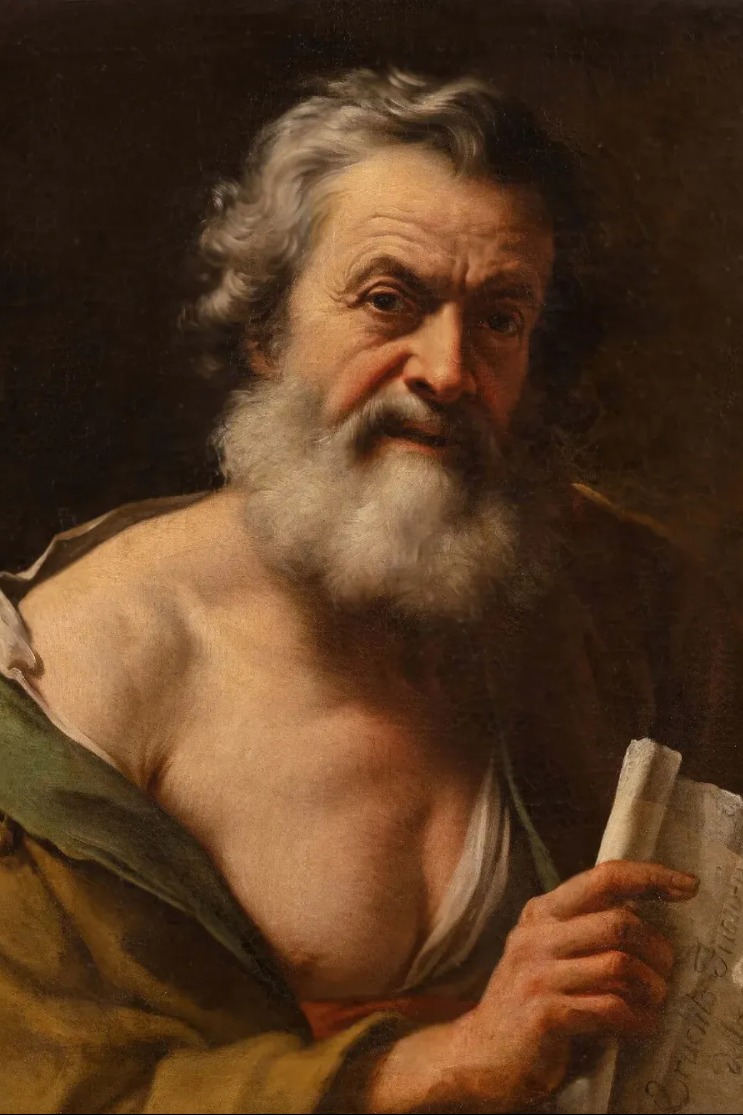Heraclitus
Biography
Heraclitus of Ephesus (c. 535–475 BCE) was a pre-Socratic Greek philosopher whose ideas challenged the conventional thinking of his time and left a profound imprint on Western philosophy. Born in the Ionian city of Ephesus, in what is now modern-day Turkey, Heraclitus came from an aristocratic family but rejected political life to pursue contemplation and philosophical inquiry. Known in antiquity as “the Obscure” for his cryptic and poetic style, he expressed his insights in brief, enigmatic statements that invited reflection rather than immediate understanding.
At the heart of Heraclitus’s philosophy lies the principle of change—the belief that the universe is in a constant state of flux. His famous saying, “No man ever steps in the same river twice,” captures this idea vividly: everything is in motion, and permanence is an illusion. For Heraclitus, reality is not static but a dynamic process, a continuous becoming in which opposites coexist and transform into one another.
He also taught the doctrine of the unity of opposites, suggesting that conflict and tension are essential to harmony. Day and night, life and death, war and peace—all are interconnected forces that define and sustain each other. To Heraclitus, strife was not a flaw in the world but the very engine of creation. This insight gave rise to his view of the Logos, a universal principle of order and reason governing the cosmos. Though often hidden, the Logos brings structure and balance to the seeming chaos of existence.
Heraclitus’s writings, preserved only in fragments, influenced generations of thinkers from Plato and Aristotle to the Stoics, and even modern philosophers such as Hegel and Nietzsche. His vision of a world defined by transformation and contradiction remains timeless—a profound meditation on the nature of reality, the interplay of opposites, and the ceaseless rhythm of life itself.
Heraclitus stands as a reminder that permanence is an illusion, that wisdom lies in perceiving the movement beneath stability, and that to understand the world is to see that all things flow.
